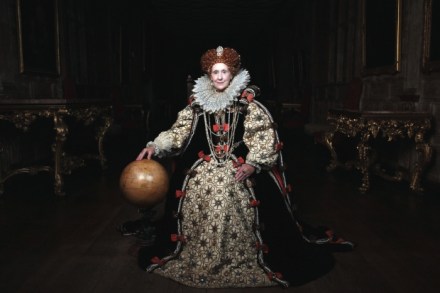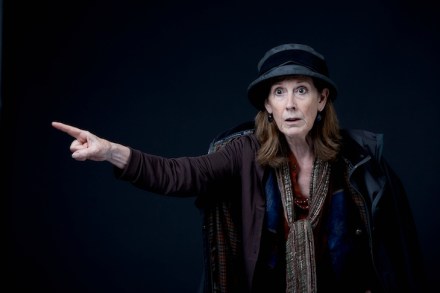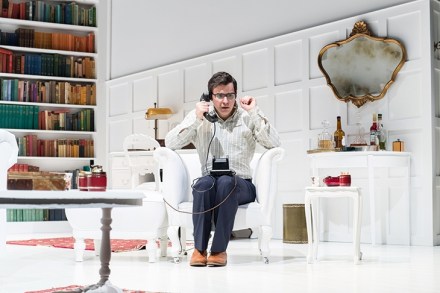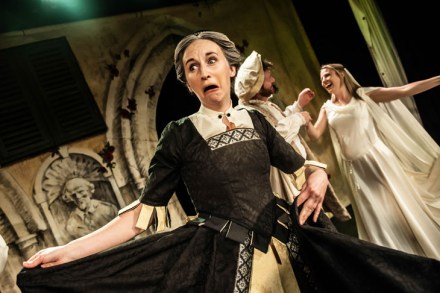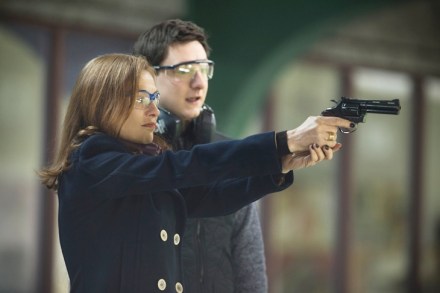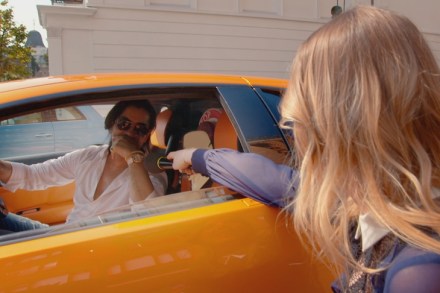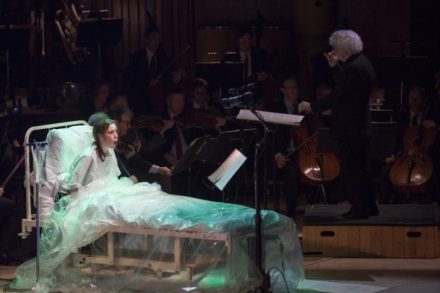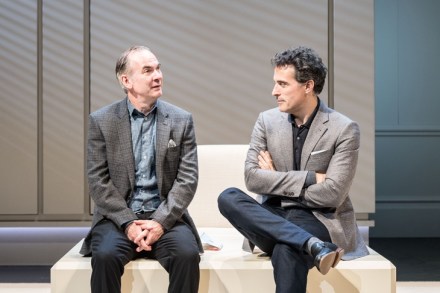Second thoughts | 7 September 2017
I had planned to review David Mitchell and Robert Webb’s new Channel 4 sitcom Back without constantly referring to their last one Peep Show. Not only did it seem too obvious a way to go; it also felt a bit unfair to compare a deservedly revered programme that ran for 12 years with a single episode that went out on Wednesday. But then I saw that single episode. It’s possible, I suppose, that one day Mitchell and Webb may head in a completely different sitcom direction. Mitchell may not play an uptight, well-meaning loser, or Webb a preening, conscience-free charmer. For now, though, it’s pretty much as you were. Webb’s
